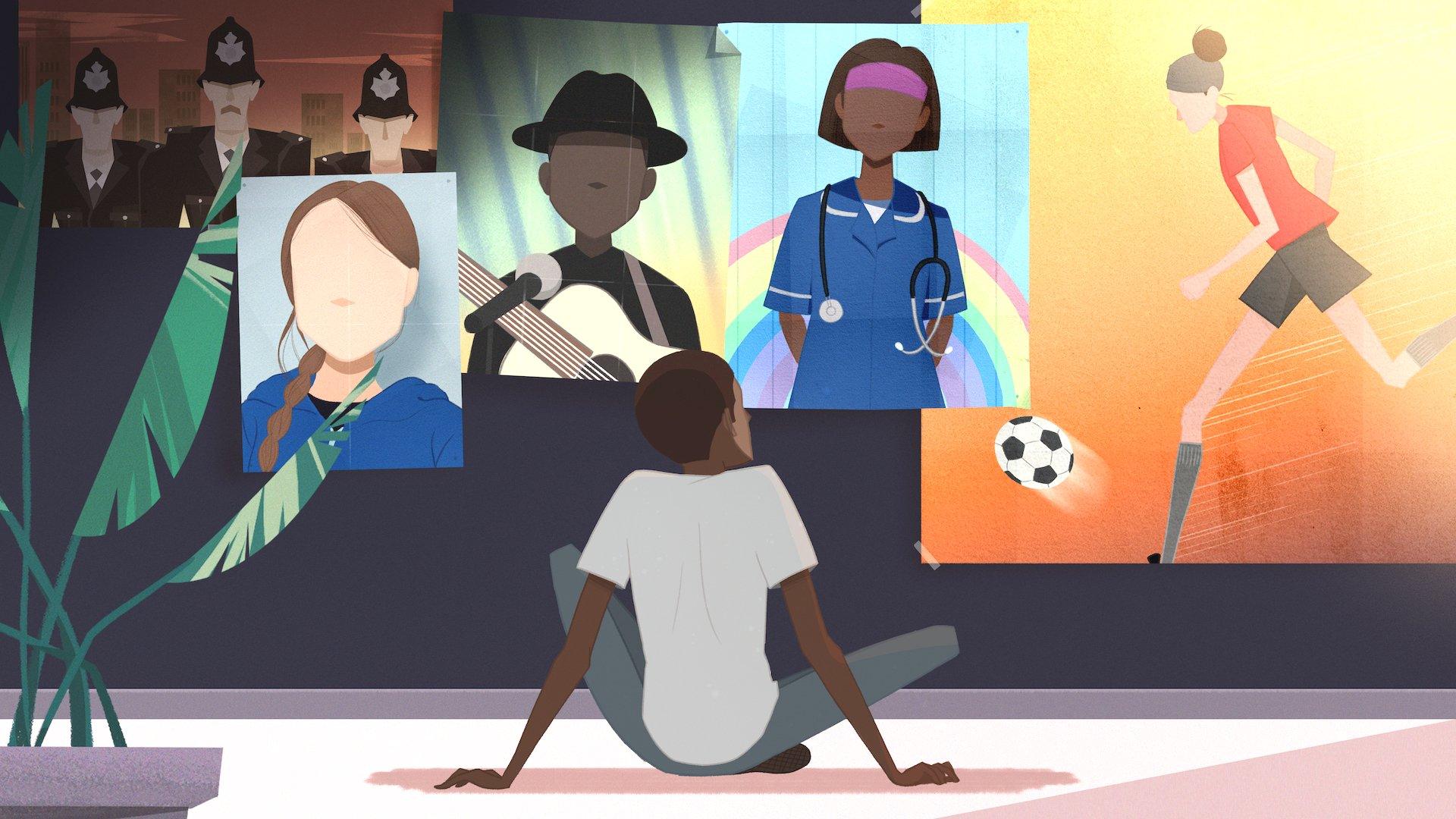Reaction to Newsround survey: 'We need to listen to young people'
- Published
- comments
Coronavirus and UK Children: How do you feel about lockdown?
There's been a lot of reaction to what you told us about your experiences of lockdown during the past year.
It comes after a Newsround survey revealed that almost a third of young people believe they've fallen behind at school because of remote learning.
The survey asked 2,000 6-16 year olds from villages, towns and cities all over the UK about their experiences of a very unusual year.
Children's charity the NSPCC, school leaders, and the government have responded to the results. Read on to find out what they had to say.
The NSPCC reacts to Newsround survey
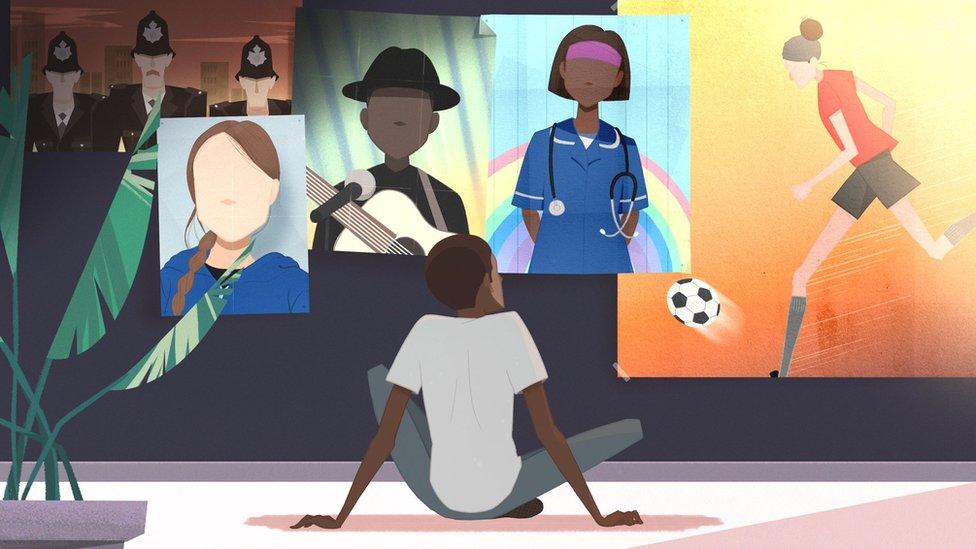
The children's charity, NSPCC, told Newsround that it's "concerning but not surprising that just under half of those surveyed said they felt worse than usual" during the pandemic.
Wendy Robinson, from Childline, which is run by the NSPCC said: "We now need to listen to young people. They don't want to be the Covid generation, but the generation that thrived in the wake of this pandemic.
"That is why it is vital that the Government delivers an ambitious plan for children that goes beyond catching up on lessons and helps them recover from trauma and adversity.
"We need to see more mental health support in both the classroom and the community, and better access to specialist services for young people who have experienced adversity."
What did the government tell us?
WATCH: Dr Alex tells us about his new job
A spokesperson from the Department of Education said: "We have invested over £2 billion into schemes to provide pupils with devices for remote education and ambitious catch-up plans - with funding targeted at disadvantaged children and young people who need support the most."
The Department of Education says it has increased charity support by making £10 million in funding available and has provided new resources and training for schools to support young people's mental health, helping them overcome any anxiety or trauma as they return to the classroom.
A spokesperson added: "We have appointed Dr Alex George as Youth Mental Health Ambassador, who will play an important role in raising the profile of mental health education."
School leader Steve Chalke tells us more
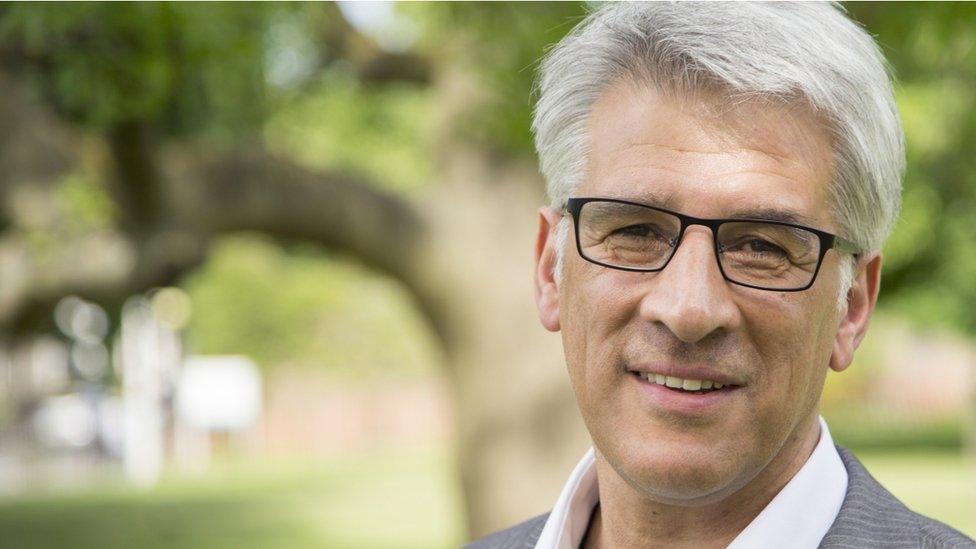
School leader Steve Chalke says more needs to be done in schools to help disadvantaged kids following the coronavirus pandemic
The coronavirus pandemic has highlighted the growing gap between advantaged and disadvantaged kids in the UK.
That's the message from school leader Steve Chalke whose organisation, Oasis Trust, runs 53 free schools in the UK.
Chalke said the pandemic has highlighted the importance of face-to-face learning for a child's long term development.
"Without the emotional and the social peer group support, kids are going to struggle to learn. So, overwhelmingly, kids are saying they haven't been learning as well at home," he said.
Oasis Trust focuses on running schools in poorer areas, and Chalke says there's evidence that kids from schools like these have fallen further behind with their work than better-off children during the lockdown.
He added: "The results of the survey are evidence that what we now need is a long term strategy. It's one of those moments which says, don't just re-open schools, re-imagine schools to work for all children."
Schools in lockdown
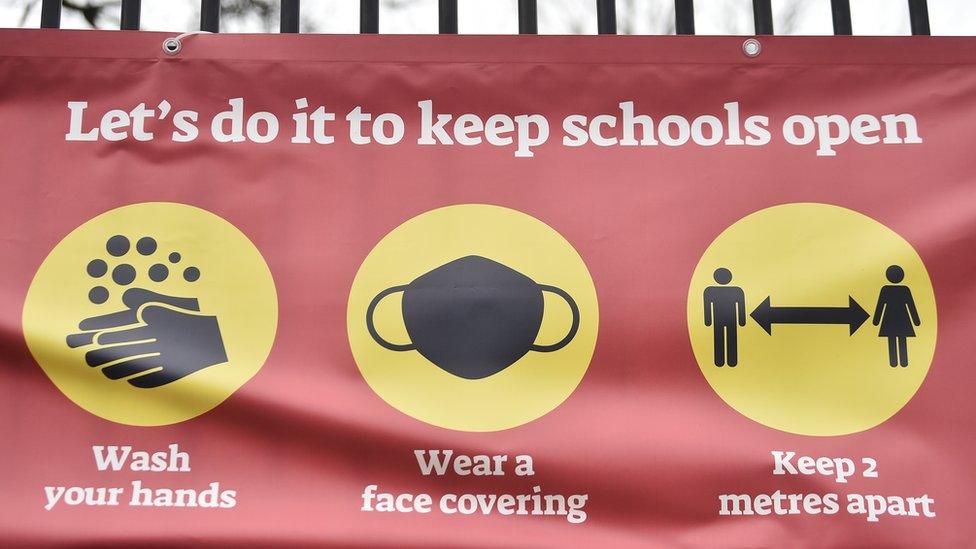
The results of the survey show that half of young people felt home schooling had been worse than classroom teaching.
Chalke says this has been particularly evident in families who don't have access to multiple devices.
"A kid from a more privileged background will probably have their own laptop, their own bedroom and access to a supportive set of parents whose employer allows them to work from home and so can help them with their work.
"On the other hand, as your results show, nearly a third of children don't have access to a device all the time or they have to share it. That can have major knock-on effects with their learning."
What does the government say about access to equipment?
A spokesperson for the Department of Education told Newsround that it's made 1.3 million laptops and tablets for those children who need them most during the pandemic.
They said the government had provided access to free mobile data for disadvantaged families to make sure all children could continue learning and over 74,000 4G routers have been delivered to schools and colleges for disadvantaged children.
- Published22 March 2021
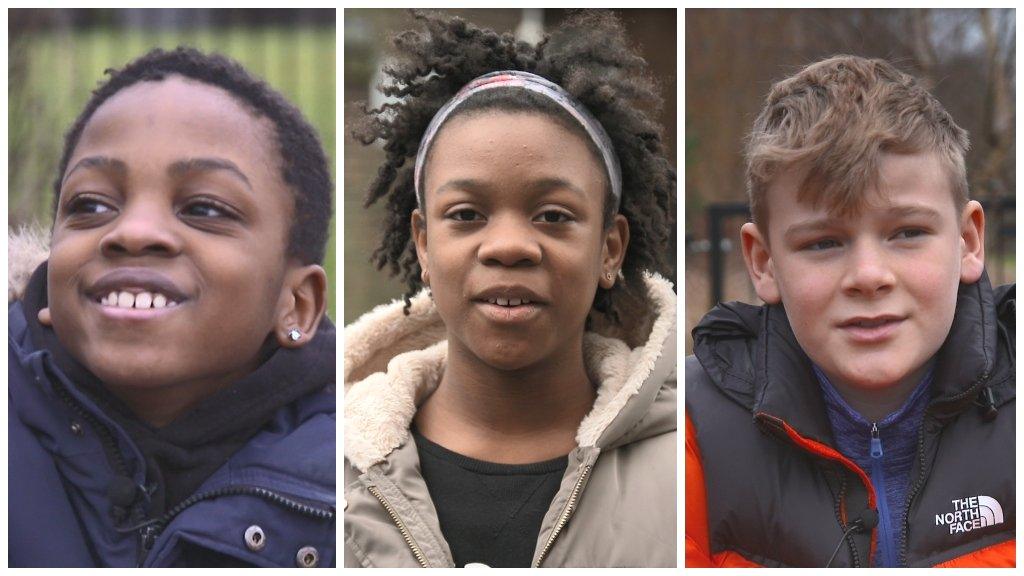
- Published22 March 2021
